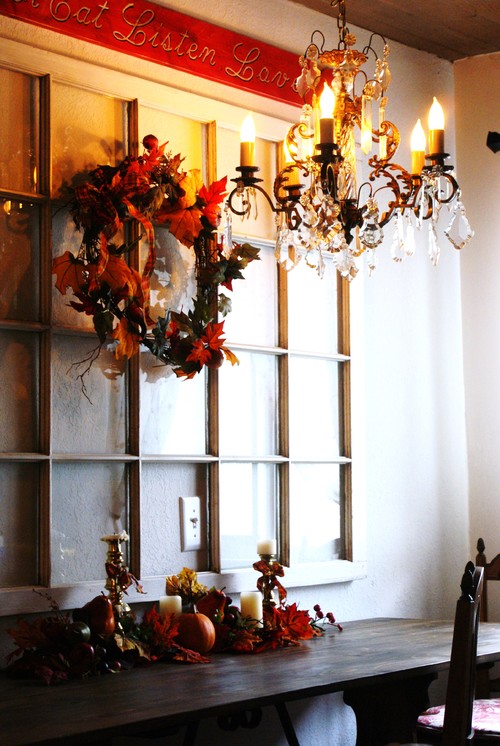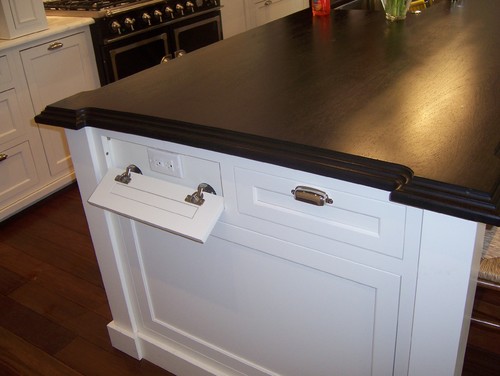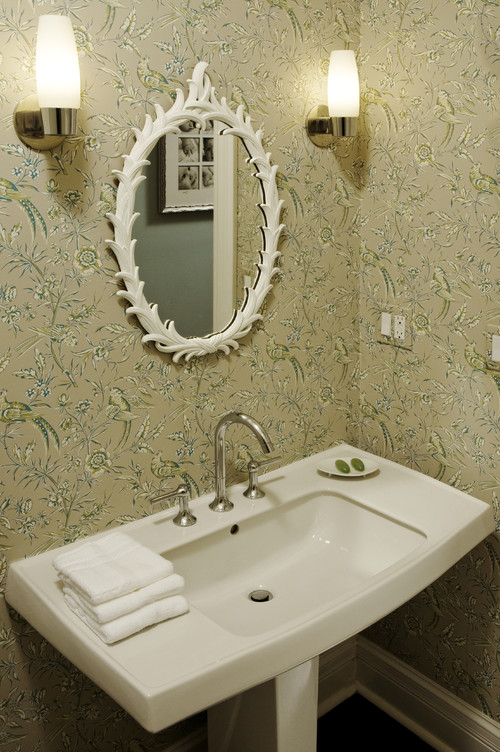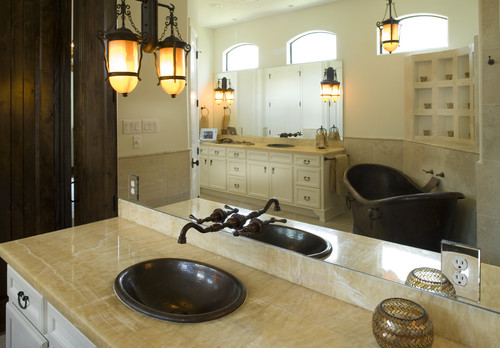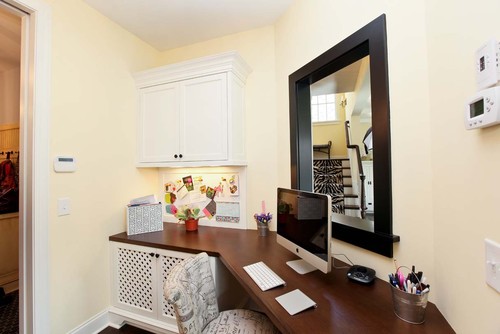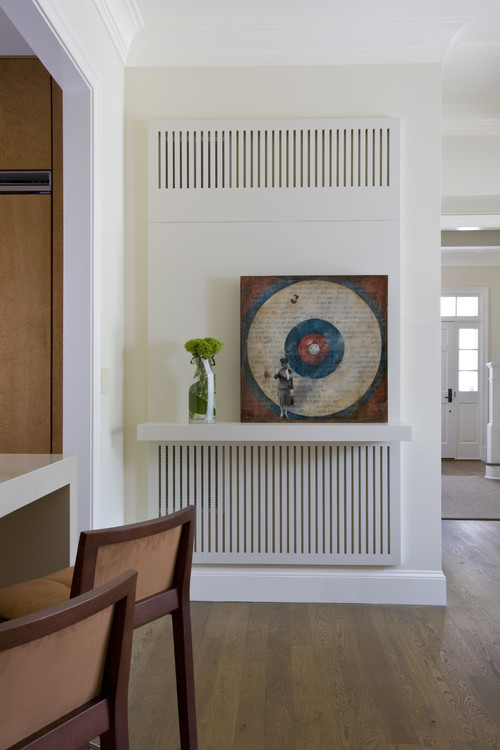Design Dilemma: Hiding Ugly Things
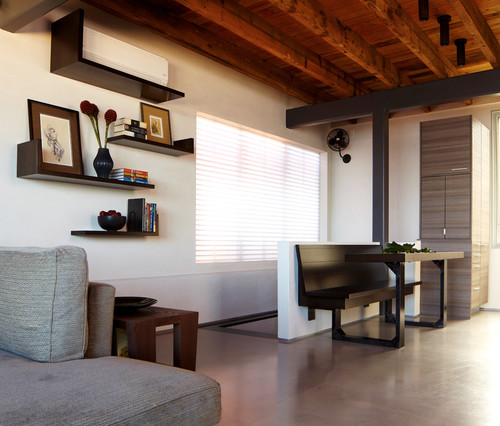
Air-conditioners. Radiators. Water pipes. Electrical cords. Even badly-placed electrical outlets. It doesn’t take much to introduce a note of ugliness into an otherwise pristine home. It can be a frustrating problem for design-conscious homeowners who have labored to make their home environment as beautiful as possible. Yes, you’ve invested in a B & B Italia sofa, but what can you do about all the computer cords behind your desk?
Take heart, because there are some inventive solutions out there to banish ugliness. For instance, can you spot the air-conditioning unit in the living room above? Yep, we missed it too.
Let’s take a look at a few ideas:
AIR CONDITIONERS
Can you spot the interior air conditioner in this Paris apartment by Pascal Grasso Architecture? Neither could we!
LIGHT SWITCHES, THERMOSTATS AND AWKWARD ELECTRICAL OUTLETS
Sometimes, light switches, thermostats and electrical outlets are stuck in strange places. One clever way to address this problem is by creating a gallery wall or some artistic interest that totally distracts from the awkward outlet. Something like this:
Or this:
Here the same principle applies. The outlet was wallpapered in the same paper as the wall:
And here’s a mirrored plate that works masterfully at concealing a plate in a mirror:
And in the kitchen below, the radiator is incorporated into a window seat:
Below an air return is cleverly concealed to become just part of the architecture:
An Enigmatic Hideaway in the Brazilian Jungle
You can imagine encountering this uncanny stage set in an old Tarzan movie.
What mysteries lie within this surreal building deep in Brazil’s mountainous jungle in the Rio Bonito hinterland?
The eerie structure is home for Luiz Carlos Mello, director of the Museum Images of the Unconscious in Rio de Janeiro, Brazil.
Water and fire, weight and weightlessness, the archaic and the modern contrast brutally here in a unique cosmic habitat conjured by architect Carla Juaçaba.
A dreamlike staircase carved from blocky stones is reminiscent of an ancient Mayan ruin.
A primitive log stove suffices for cooking in the extremely spare space built close to a river.
The house is suspended on modern steel beams slung between a pair of ancient seeming stone walls.
The weightiness of the two stone supports is in sharp contrast to the weightlessness of the near-empty space between them.
The extremely basic structure is suspended above the ground on steel I-beams.
Next to the stone, two skylights at each end separate the roof from the heavy structural stone walls.
Each end of the sliver of skylight is met by floor to ceiling glazing that brings the jungle into a rudimentary kitchen.

Equally rudimentary, stairs are merely several casually stacked pieces of wood.
Set deep in the Three Peaks nature preserve, the almost brutally simple retreat provides a place to dream, unencumbered by the distractions of civilization.
Iconic Rusted Steel Kiosk for a Surfers’ Beach
A kiosk at a surfer beach along Australia’s long coastline at Torquay is made from rusty weathered steel repurposed from old flood barriers.
The structure was recognised by the Australian National Architecture Awards for its reverence for its environmental setting, engagement with beach culture and resilience to natural forces and energetic youths.
The brief for Tony Hobba Architects was to combine changing rooms, toilets, a cafe and toilets for year round use at the popular beach.
Weathered rusted metal forms a weather-proof coating around the building that will protect it against erosion.
The reddish brown and yellow oxides of weathered steel harmonises with the colour of the surrounding cliffs.
The construction is unique: self-supporting sheet piles – typically used to build seawalls and piers – are just slotted together to make the corrugated walls.
With no fixed footings, the kiosk could be easily dismantled and reassembled elsewhere if necessary.
The sheet piles are used as permanent formwork for the building slab, and extended up as the permanent retaining walls for the al fresco terrace and lookout.
The unique folded appearance also reflects the prevailing coastline undulations and windswept vegetation.
The iconic beach landmark accomodates one to three staff depending on the time of year and serves as an identifyable meeting point on the long coastline.
It’s modest and elegant simplicity respects the local coastal environment and follows the Victorian Coastal Strategy.

